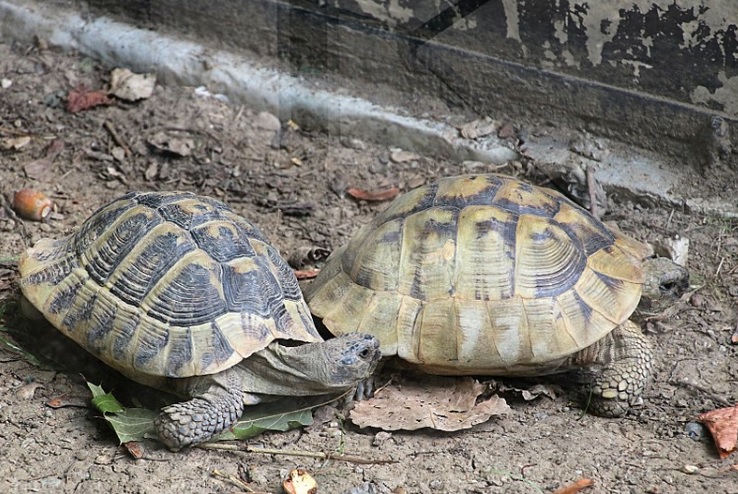Science News Roundup: Tortoise and its egg found in latest Pompeii discovery; The 'Mount Everest' of bacteria discovered in Caribbean swamps
The animal was found hidden under the clay floor of a storehouse and probably died before Vesuvius erupted. The 'Mount Everest' of bacteria discovered in Caribbean swamps The largest-known bacterium - a vermicelli-shaped organism that was discovered in shallow mangrove swamps in the Caribbean and is big enough to be seen with the naked eye - is redefining what is possible for bacteria, Earth's most ancient life form.

Following is a summary of current science news briefs.
Tortoise and its egg found in latest Pompeii discovery
The remains of a tortoise and its egg have been unearthed by archaeologists in Pompeii, the Roman city buried in a volcanic eruption in 79 AD. The animal was found hidden under the clay floor of a storehouse and probably died before Vesuvius erupted.
The 'Mount Everest' of bacteria discovered in Caribbean swamps
The largest-known bacterium - a vermicelli-shaped organism that was discovered in shallow mangrove swamps in the Caribbean and is big enough to be seen with the naked eye - is redefining what is possible for bacteria, Earth's most ancient life form. Scientists said on Thursday the bacterium, called Thiomargarita Magnifica, is noteworthy not merely for its size - colossal for a single-celled organism at up to about eight-tenths of an inch (2 cm) long - but also because its internal architecture is unlike other bacteria.
(With inputs from agencies.)










